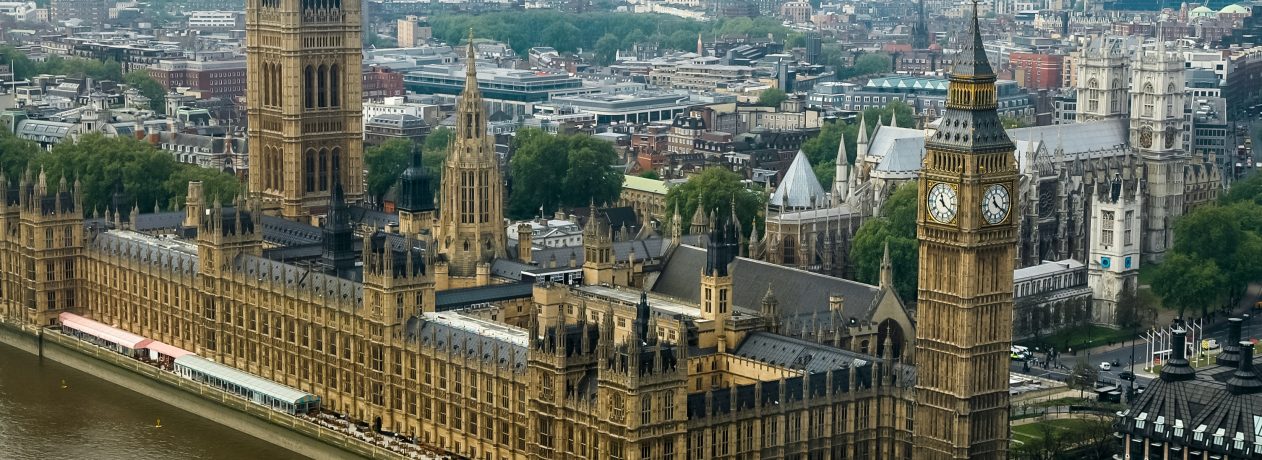The government’s Gambling Act Review White Paper finally dropped late last month.
Years of consultations, delays, speculation and concern from government bodies, reform groups, industry leaders and the general public culminated in what presiding secretary of state for the document, Lucy Frazer, described in the bill’s first reading to the House of Commons as a proposal that brings “pre-smartphone regulations into the present day”.
In this short written content series, we’ll dive into the key elements of the White Paper separately, look at the proposals from a legislative perspective, take the temperature of reactions from the gambling industry, reform groups and general public, and attempt to future-gaze what the next steps and challenges may be.
Starting with the bill itself, reception was ‘mixed’.
At 268-pages, the proposal is lengthy enough given the varied complexities of the legislation’s aims and scope.
And, it’s important to caveat at the outset of our journey through the White Paper that essentially all of the measures will be subject to further input and consultation by the Gambling Commission and the DCMS, before the bill is scheduled to be implemented in summer 2024.
Background and affordability checks – what does the Bill say?
One of the bill’s key tenets is to protect those at risk of an existing or potential future gambling addiction.
The flagship legislative point to address this is in the shape of proposed affordability checks at betting and casino sites.
In short, imposed background checks are proposed for punters who lose £125 net over a month, or £500 over a year, as these would-be bettors would be considered highly active and potentially likely to have a recurring gambling issue. These checks will be conducted through open-source material and may consist of looking for bankruptcy filings or court proceedings of financial significance.
The bill goes on to propose more detailed checks for those who make a net loss of £1,000 in a day or £2,000 over 90 days. These, the document reads, are likely to be “narrowly targeted” with around 3% of online gambling accounts affected. Interestingly, the government has dubbed the checks “frictionless” and will likely be conducted online by credit reference agencies or through other means — such as Open Banking — with actual customer contact coming as a last resort.
Importantly, however, those trigger levels are to be halved for bettors aged between 18 and 24.
What’s the word?
Considering the numbers presented, how has the proposal landed?
A gambling layman would probably consider the £125 over a month and £500 over a year low figures to trigger a stage of checks. Indeed, a large proportion of infrequent, casual gamblers would probably fall into this bracket.
That said, Horse Racing Bettors Forum chairman, Sean Trivass, told The Racing Post this week that the perceived intrusion is relatively inconsequential.
The £1,000 a day check? Reasonable, says Trivass, although that caveats with data from the organisation he heads claiming that the majority of their punters wager between £10-30 a day.
The £2,000 in 90 days threshold proves tricky as he believes the government needed to choose a limit for the check but seems to have shot very high.
“If they say £2,000, for a lot of people, that’s a lot of money and an incredibly high sum to allow people to lose in a three-month period, but if they make that sum larger, it looks like a whitewash of a paper and it’s not really doing anything at all,” he told the publication.
But Trivass’ primary concern, echoed elsewhere in the gambling industry, is the effect of checks on people’s financial futures.
“The biggest concern we have is what effect these checks will have on people’s future credit ratings,” he said, adding that a consequence could be that fear could scare people away from licensed racing bookmakers.
Some notable talking heads from within horse racing seem to oppose checks entirely, as well as the majority of the bill.
Take Telegraph Racing columnist, Charlie Brooks, who this week penned an open letter to the Culture Secretary describing the bill as “a morally bankrupt, confused fudge”.
On checks specifically, Brooks opined that the checks would cost racing between £14-40m a year and would “do nothing” to protect problem gamblers given the fact that “the best judge of what level of betting activity is affordable is the individual”.
The government’s own impact assessment should the bill progress in full totalled the industry revenue losses to around 8%; or £800m. Paddy Power owner Flutter, meanwhile, estimated yearly losses to be between £50-100m a year.
Through the purgatory of a decade of delays and dithering leading to the White Paper’s publication, gambling firms have been lobbying MPs to try and reduce the impact the legislation could have on their top and bottom lines.
Sky News’ Westminster accounts database shows that during the last Parliament, gaming, racing and gambling firms have spent in excess of £200,000 on “wooing” MPs – predominantly in the form of tickets to sporting events and hospitality.
There remains, however, a core group of members driving the bill towards a harder line. Its first reading was hailed as a “momentous day” by Labour’s Carolyn Harris, who co-chairs a cross-party group of MPs examining gambling harms. Harris repeated the need for no further delays in getting the legislation across the line.
The affordability checks are something of a bellwether for the reaction to the notion of further gambling controls as a whole.
Those who have been affected by the extremes of problem gambling shout loudest on its very real dangers and the need for a crackdown that many casual gamblers and industry groups would see as too harsh.
The government needs to find the undeniably tricky balance point of measures that help and prevent those in the extremes, both at present and in the future, while keeping the companies onside.




